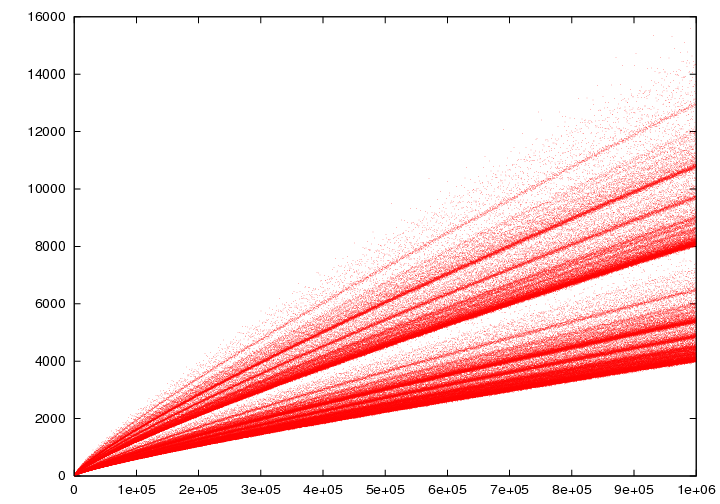Let $g(2n)$ be the number of representations of $2n=p+q$ with primes $p$ and $q$. Many people have asked whether $g(2n) \ge 2$ when $2n = p+q$ for some primes $p$ and $q$. That is, does $g(2n) \ge 1$ imply $g(2n) \ge 2$? From the famous Goldbach Comet, it looks probable although it was not yet proved.
Now, what can we say about the following weaker problem?
For any sufficiently large prime $p$, is there a prime $q$ such that $p+q$ has another representation $p' + q'$?

